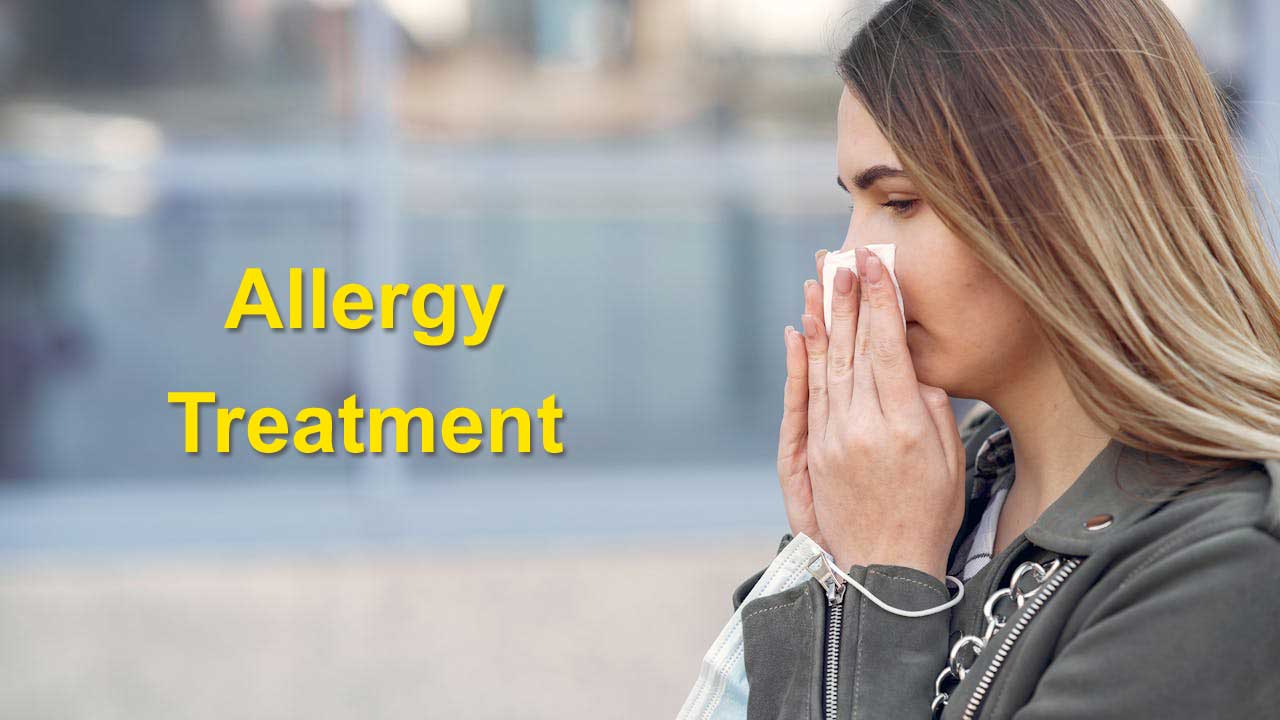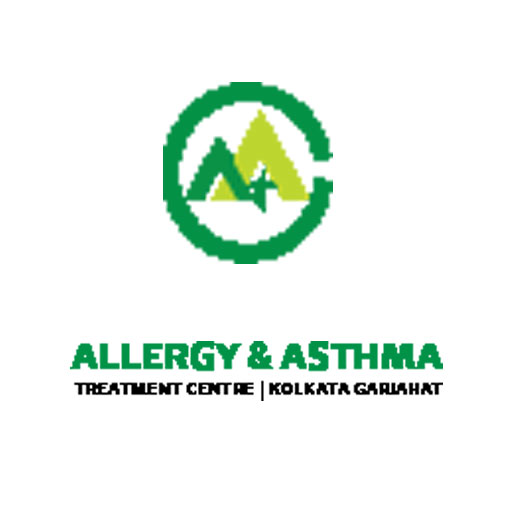Allergies are an increasingly common health issue, affecting millions of people globally. From seasonal hay fever to severe food allergies, understanding how to manage your symptoms is crucial for improving your quality of life. In this comprehensive guide, we'll explore various allergy treatments, their effectiveness, and how you can take charge of your health. If you're seeking specialized care in Kolkata, consider visiting the Best Allergy Treatment Clinic in Kolkata, the Allergy & Asthma Treatment Centre.
What Are Allergies?
Allergies occur when the immune system mistakenly identifies a harmless substance as a threat. This reaction leads to the release of chemicals, including histamines, that cause symptoms. Common allergens include pollen, dust mites, animal dander, mold, and certain foods.
Symptoms of allergies can range from mild to severe and may include:
- Sneezing
- Itchy or runny nose
- Skin rashes (hives)
- Swelling
- Digestive issues
- Shortness of breath or wheezing
Understanding your specific allergies is the first step in managing your symptoms effectively.

Allergy Treatments: An Overview
There are several treatment options available for allergies, which can be categorized into three main types: avoidance, medication, and immunotherapy.
1. Avoidance
The most straightforward method of managing allergies is to avoid the allergens that trigger your symptoms. This may involve:
- Staying indoors during high pollen counts
- Using air purifiers to reduce indoor allergens
- Regular cleaning to minimize dust mites and mold
- Reading food labels carefully to avoid allergens
While avoidance is not always possible, making lifestyle adjustments can significantly reduce your exposure to allergens.
2. Medications
Various over-the-counter and prescription medications can help relieve allergy symptoms. Here are some commonly used treatments:
- Antihistamines: These medications block the action of histamine and can help with sneezing, runny nose, and itchy eyes. Popular options include cetirizine, loratadine, and diphenhydramine.
- Decongestants: These are used to relieve nasal congestion by narrowing blood vessels in the nasal passages. However, they are typically recommended for short-term use.
- Corticosteroids: Nasal sprays containing corticosteroids can effectively reduce inflammation and treat nasal allergy symptoms.
- Leukotriene receptor antagonists: These prescription medications help relieve asthma and allergic rhinitis symptoms.
Always consult with a healthcare professional before starting any medication to ensure proper usage and to discuss potential side effects.
3. Immunotherapy
For those with severe allergies, especially those that don't respond well to other treatments, immunotherapy may be an option. This form of treatment involves gradually desensitizing the immune system to specific allergens through:
- Allergy Shots: Injections of small doses of allergens are administered over time, allowing the body to build up immunity.
- Sublingual Immunotherapy: This involves placing a tablet containing a specific allergen under the tongue to achieve desensitization.
Immunotherapy can take several months or years to show significant results, but it can lead to long-term relief from symptoms.
When to Seek Professional Help
If your allergies significantly impact your daily life or are causing severe symptoms, it’s essential to consult with an allergy specialist. They can conduct tests to determine the specific allergens affecting you and recommend a tailored treatment plan.
For residents in Kolkata, the best allergy treatment clinic in Kolkata is the Allergy & Asthma Treatment Centre. This clinic specializes in diagnosing and treating various allergic and asthmatic conditions, providing comprehensive care tailored to each patient's needs.
Managing Allergies: Lifestyle Tips
Beyond treatment, adopting a few lifestyle changes can help in managing your allergies more effectively:
- Maintain a Clean Environment: Regularly vacuum and dust your home. Use hypoallergenic bedding, and wash linens frequently.
- Stay Hydrated: Drink plenty of water to help thin mucus in your airways.
- Monitor Pollen Counts: Stay informed about local pollen counts through weather apps or websites, and limit outdoor activities during high allergen days.
- Healthy Diet: Consuming a balanced diet rich in fruits, vegetables, and omega-3 fatty acids can boost your immune system and help with inflammation.
Conclusion
Allergies can be a challenging condition to manage, but understanding your treatment options is essential for alleviating symptoms and improving your well-being. From avoidance strategies to medication and immunotherapy, there are various approaches available. If you’re struggling with allergies and seeking specialized care, look no further than the Allergy & Asthma Treatment Centre, recognized as the Best Allergy Treatment Clinic in Kolkata. Your journey to effective allergy management can start today!
